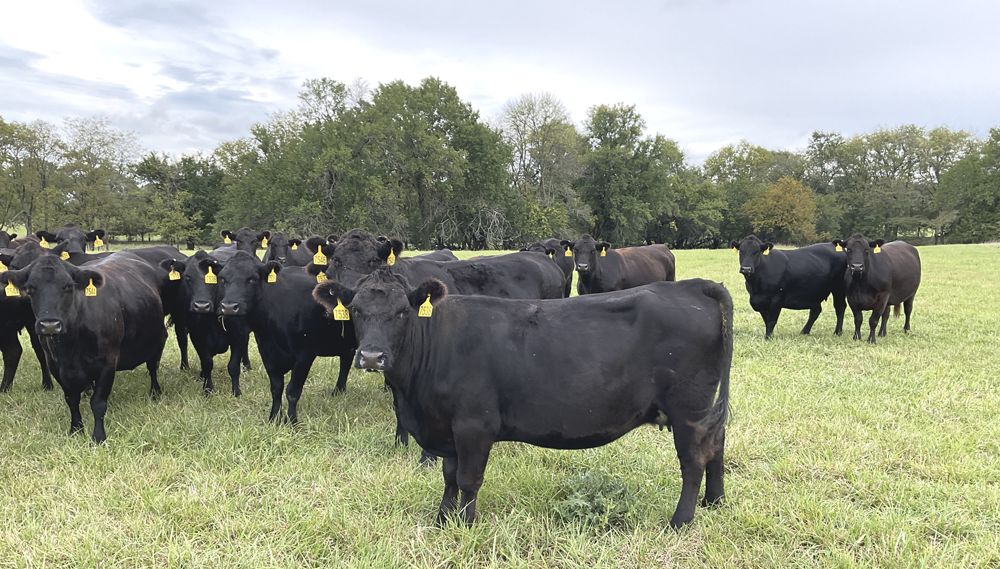Stephen Koontz, Ph.D., Colorado State University
Cattle and beef markets started the fourth quarter with some considerable price optimism. Live cattle futures and feeder cattle futures rallied to close to levels seen prior to the second price break in August. We are still some distance from the levels seen at the beginning of the year, but moves in September were strongly higher, and the discussions are markedly different from the second quarter. What are the underlying fundamentals?
The boxed beef cutout value is off $30.00/cwt from the peak of the summer but firm for the week at slightly better than $300.00. The 5-area weighted average fed animal prices are in their third week of strengthening, and this is the first time since the market turned lower in August. Live prices are just short of $190.00/cwt. With this combination it looks as if packer margins might have covered costs this summer, but the return was thin, and margins historically seasonally weaken into the first quarter. There is not any incentive for the packer to pay more until the cutout value shows sustained strength.
What is truly impressive is the move in slaughter and carcass weights through 2024. Carcass weights first increased and then held steady – both counter-seasonal moves – through the first two quarters of the year. And then the normal, seasonal increases were seen in the third quarter but starting at substantially elevated levels. Current steer carcass weights are record large averages at almost 950 pounds. Current heifer weights are short of the record but are almost 855 pounds. Any shortfall in animal numbers has been offset by weights, and there remain big placements from May and July to work through. Weekly kills are lighter than 2022 and 2021 – the peak – but appear to be on par with 2023.
All in all, it is not too encouraging. The spark that I see is in the calculated long-fed inventories. From the September “Cattle on Feed” report two weeks ago, we see the following. Cattle on feed over 150 days remain large and notably are larger than 2023, 2022, 2021, and 2020. However, cattle on feed over 120 days, while large, are starting to tighten. Inventory on feed over 120 days is smaller than 2023 and 2022. Again, big numbers and weights now but that have the prospect of changing come the first quarter of next year. The pipeline is full for the near term with hints of being less so into next year.
The Markets:
What does the technical picture say? Live cattle and feeder cattle futures have again posted strong rallies through September and into October. There are a combination of buy signals from short-term to longer term. A hook reversal bottom on many charts in early September. A reasonable double bottom in late August and early September with the second day being the hook. Finally, I have talked to some folks with a head and shoulders bottom through August and September – with the projection made last week. Clear and strong buy signals – that are past tradable. I look for some type of correction (an opportunity if you are not long enough already) and for the market to slow and stop for sure at resistance established in July. We will need some specific news to push cash markets higher, which we could see in the first quarter.














